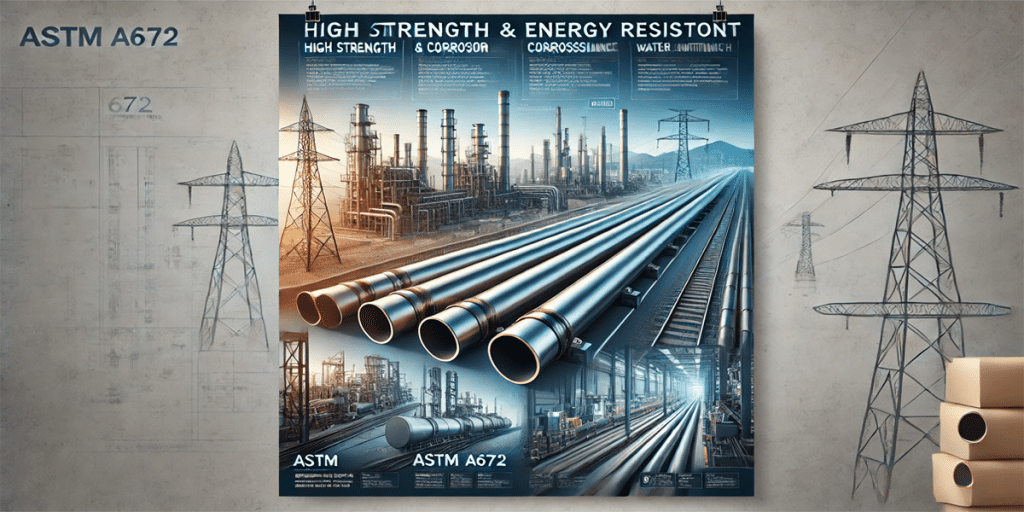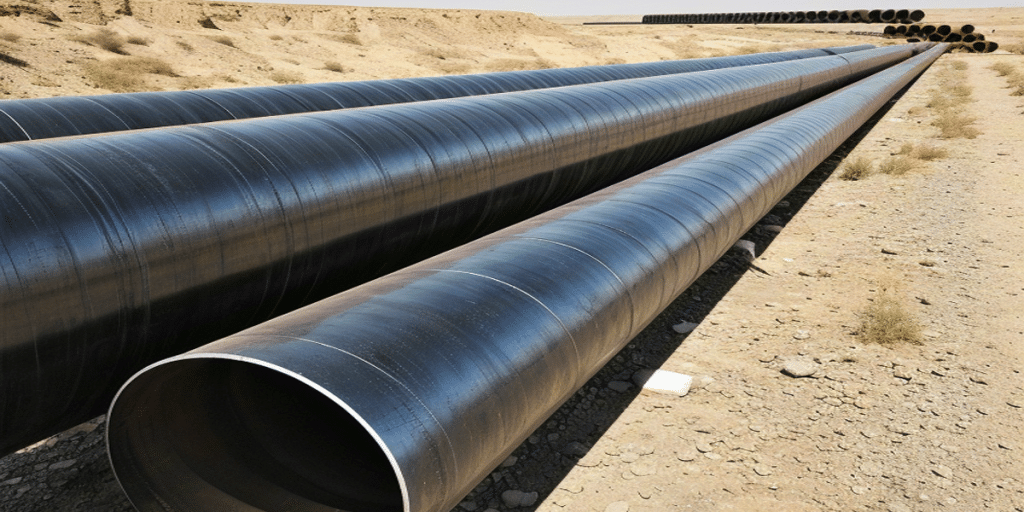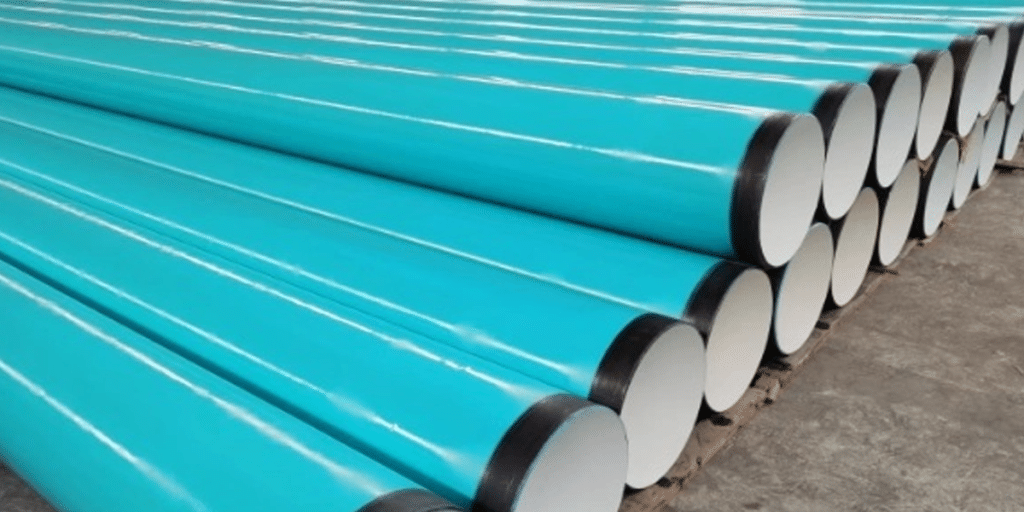- 1. What Is the Relationship Between S235JR and Werkstoff (WNr) Numbers?
- 2. 1.0037 vs 1.0038: Historical Evolution and Practical Meaning
- 3. Key Properties and Testing: How to Verify “Correct Number, Correct Material”
- 4. Procurement Risks and Practical Recommendations
- 5. LONGMA Capabilities: In-House Laboratory and Full Traceability (Reducing Your Procurement Risks)
- 6. Conclusion
In the process of steel procurement and engineering material selection, questions such as “Which Werkstoff number corresponds to S235JR?” or “Why do some documents show 1.0037 while others show 1.0038?” are very common. Properly understanding the relationship between the S235JR steel number and the historical/modern numbering systems is essential for technical specification review, MTC (Mill Test Certificate) verification, and cross-standard comparison (DIN, EN, JIS, ASTM).
This article analyzes the topic from five perspectives: numbering origin, standard evolution, technical differences, inspection & certification requirements, and practical procurement advice. It also provides a clear comparison table to help engineers and buyers identify material grades accurately and make informed decisions.
(Note: The mappings between S235JR and Werkstoff numbers below are based on authoritative European references and material databases.)
What Is the Relationship Between S235JR and Werkstoff (WNr) Numbers?
S235JR is the steel grade designation defined under EN 10025-2 for non-alloy structural steel:
- S= Structural steel
- 235= Minimum yield strength ~235 MPa (for thinner sections)
- JR= Charpy impact energy ≥ 27 J at +20°C
Werkstoffnummer (WNr) is a German/European numeric material coding system (such as 1.0037 or 1.0038) widely used on material lists, shop cutting sheets, and MTCs to ensure traceability across languages and standard systems.
Because EN/DIN standards have evolved, the numeric identifiers for S235JR differ across historical and current versions. In modern material databases and steel mill documentation, 1.0038 is more commonly used as the standard s235jr steel number, while 1.0037 s235jr may still appear in older documents or legacy drawings.
1.0037 vs 1.0038: Historical Evolution and Practical Meaning
The table below summarizes the most common numbering references:
S235JR and Werkstoff Number Mapping (Summary)
| Identifier / Number | Explanation |
| S235JR | Steel grade under EN 10025-2 (JR = 27 J at 20°C) |
| 1.0037 s235jr | Appears in older/DIN-based historical references; may appear in legacy drawings or old purchase orders |
| 1.0038 s235jr | Widely used modern Werkstoff number corresponding to EN 10025 series; most common in modern MTCs |
| werkstoffnummer s235jr | General concept referring to the numeric identifier for S235JR used for procurement & traceability |
Interpretation:
If an MTC shows 1.0037 s235jr, it does not automatically mean the material is non-compliant—it may simply follow an older numbering system. However, if you require strict EN compliance (latest EN 10025-2), the MTC should clearly list EN standard clauses and chemical/mechanical test data to ensure proper verification.
Key Properties and Testing: How to Verify “Correct Number, Correct Material”
Regardless of whether the MTC lists 1.0037 s235jr or 1.0038 s235jr, compliance is determined by test data, not numbering. All results must meet the requirements of EN 10025-2.
Key tests include:
- Chemical Composition Analysis (OES/ICP)
Checks C, Mn, P, S, N, Cu, etc. Slight differences may apply depending on section thickness.
- Tensile Test
Performed per ASTM E8 / E8M or equivalent EN procedures to determine yield strength, tensile strength, and elongation—core indicators of load-bearing capacity.
- Charpy V-notch Impact Test
Following ASTM E23 or EN ISO 148-1, verifying JR grade toughness (≥27 J at 20°C).
- NDT (UT / MT / PT)
Recommended for thick plates or critical weldments to detect internal or surface defects.
Test Items, Purposes and Common Standards
| Test Item | Purpose | Common Standards |
| Chemical Composition | Confirm compliance with EN limits | Spectrometry / EN 10025-2 requirements |
| Tensile Test | Verify Re, Rm, elongation | ASTM E8 / EN methods |
| Impact Test | Confirm JR toughness level | ASTM E23 / EN ISO 148-1 |
| UT / MT / PT | Detect internal/surface defects | EN/ISO NDT standards |
Recommendation:
When inspecting materials, always verify tensile & impact results in the MTC and compare them with EN 10025-2 values. The numbering (1.0037 or 1.0038) is simply a reference—not the decisive indication of conformity.
Procurement Risks and Practical Recommendations
Common risks include: number confusion, incomplete MTCs, missing tests, or lack of third-party witness inspection.
We recommend:
- Include Both the Grade and Werkstoff Number in Contracts
Specify:
- Grade: S235JR
- Preferred werkstoffnummer s235jr(e.g., 1.0038)
- Required tests (chemistry, tensile, Charpy, UT)
- Allowed delivery conditions (+AR/+N)
- Require EN 10204 3.1 / 3.2 Certificates
Ensure full traceability of heat numbers and batches.
- Third-Party or On-Site Witnessing for Critical Orders
Request suppliers to conduct tests in their internal laboratory with video/data evidence when necessary.
LONGMA Capabilities: In-House Laboratory and Full Traceability (Reducing Your Procurement Risks)
As a steel pipe and structural steel manufacturer with 20+ years of industry experience, LONGMA offers major advantages when supplying EN 10025 steels (including S235JR):
- In-House Testing Capabilities
Equipped with:
- Universal tensile testing machines (ASTM E8)
- Charpy impact testers (ASTM E23)
- Optical spectrometers
- UT inspection equipment
Supports third-party or on-site witness testing.
- Full MTC Traceability
All batches include complete MTCs (chemistry, tensile, impact, delivery condition).
We can mark materials as 1.0037 s235jr or 1.0038 s235jr depending on customer/standard requirements.
- Technical Support
Providing material number interpretation, MTC review, and welding/processing recommendations—turning “number comparison” into verifiable material conformity.
Conclusion
Both 1.0037 and 1.0038 may appear in references for S235JR:
- 1.0037— common in historical/older standards
- 1.0038— modern, widely recognized s235jr steel number
The true indicator of compliance is the MTC test data, not the numeric code itself.
Procurement Recommendation:
Specify S235JR (preferred werkstoffnummer s235jr: 1.0038) in contracts, and require EN 10204 MTCs and essential test data (ASTM E8, ASTM E23).





